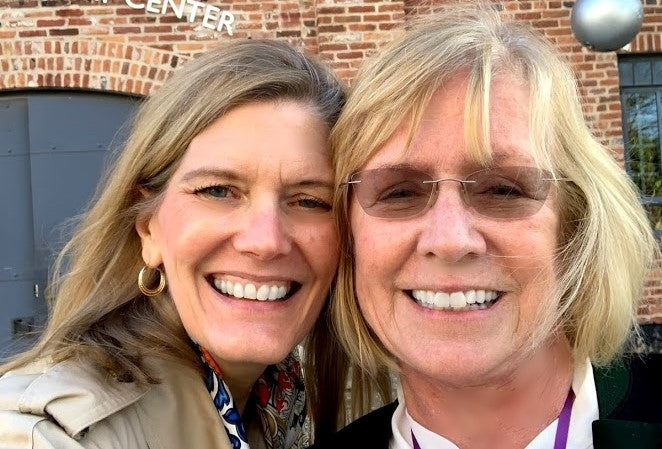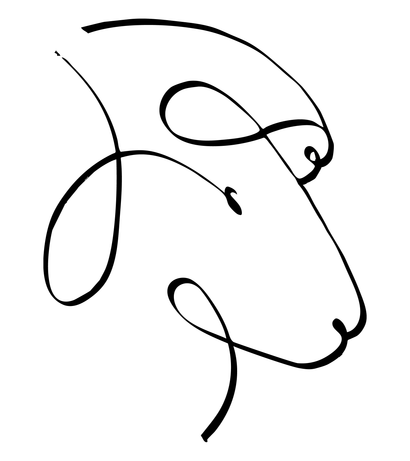Free shipping on all domestic orders over $150
Free shipping on all domestic orders over $150
Shop
Add description, images, menus and links to your mega menu
A column with no settings can be used as a spacer
Link to your collections, sales and even external links
Add up to five columns
Add description, images, menus and links to your mega menu
A column with no settings can be used as a spacer
Link to your collections, sales and even external links
Add up to five columns

Parenting your yarn
November 12, 2018 2 min read 2 Comments
I had lunch in Baltimore with my sister, Janet, last week. A fabulous artist, she took me to a little restaurant inside the American Visionary Art Museum (AVAM). There was a show in the museum called Parenting, an Art without a Manual. The show featured 36 different artists and dozens of different media. Each artist presented his or her own experience of being a parent, or being a child, and all the ways humans approach those complicated relationships. There were some lovely celebrations of warm happy childhoods, and there were some exhibits that were really sad and kind of disturbing. It makes you realize just how hard parenting is, especially since babies don't come with very good instructions. I remember being so naive when Elizabeth was born. I shocked to find that she had a strong personality and a very clear set of preferences early on. It was a learning experience for both of us.
Knitting is actually a lot like parenting - starting with the way you think about yarn. Even before you knit it into a fabric, yarn has its own ideas on the matter. You might think it can be anything you want, but there's a limit to how much control you actually have. Every yarn has its own inherent strengths and weaknesses. It has its own personality, that is complex and unique. Some wool is bouncy, but some is not. Some linen is stiff, and some is soft. Your yarn is what it is. There is no good or bad yarn, there is only a good or bad fit between yarn and project. Like a parent, you have to work with the yarn to find out where its strengths lie. Does it need more structure or more freedom. As a knitter, you have to swatch and see where the yarn looks happiest and what it wants to be. You have to try different things, coax out its best features, and set it onto a course that highlights its strengths and lets it shine.
With both parenting and knitting, there will be mistakes and missteps. There will be ripping out and re-knitting. There may be yelling and tears. But if we handle mistakes with tenderness, compassion, and unconditional love, yarn and children are pretty resilient, so it is all okay. In the end, you will look at that sweater, that lace shawl, or your lovely grown child and think with pride, "It's so beautiful, I can't believe I made it myself."
I look forward to seeing you in the shop and around the table. You are always welcome here.
~Ellen
2 Responses
Polly Callahan
November 13, 2018
Some day, you should go back through all your posts and write a book, a collection of your favorite (and ours) posts. You have terrific insights and the knitting examples helps us gain a deeper understanding of those insights. I truly believe that non-knitters would also have much to gain from such a collection.


Ellen
November 14, 2018
Thank you, Polly. I’m glad you like the posts. I really appreciate you writing. Have a wonderful Thanksgiving.